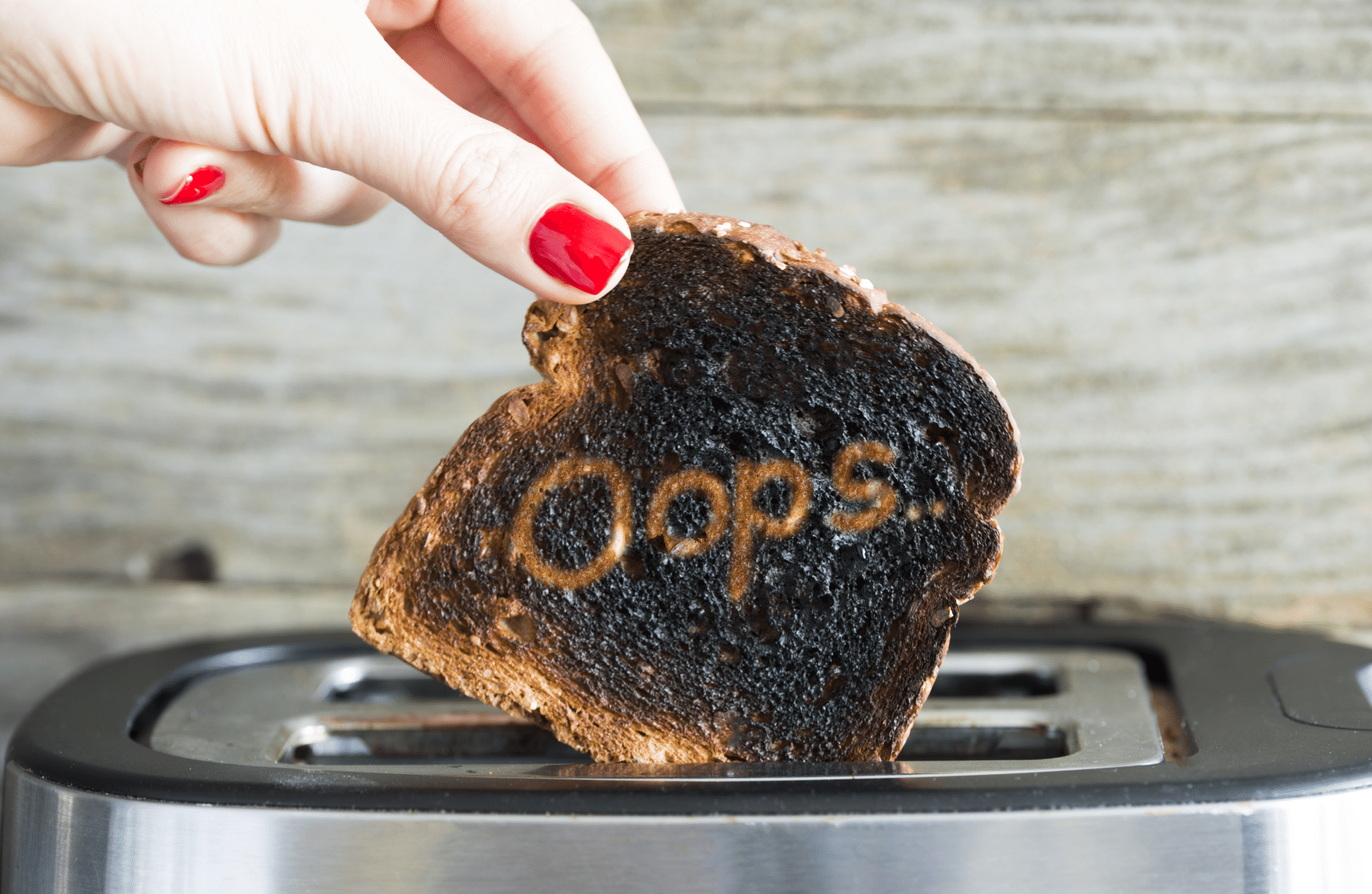Selling Dodgy Goods? Customers Are More Likely To Forgive Family Businesses

- Family-owned firms are more likely to be forgiven by consumers for releasing faulty products
- Highlighting that you are a family firm can improve your relationship with stakeholders
- Family firms are perceived as more human-like than non-family firms
If McDonald’s and Burger King were to both start poisoning their patrons (accidentally of course), the general public would be far more likely to forgive the former than the latter. If you’re a reasonable person you’ll be wondering why.
Surely both are equally at fault here. Both are similar companies providing a similar service which has, in this instance, resulted in a similarly bad experience for the customer. Assuming that both restaurants owned up to their errors and refrained from using manipulative tactics to try and underplay the crisis, why is forgiveness given more readily to one than another?
It all depends on how they are run.
Research conducted by Subhadeep Datta from NEOMA Business School and Sourjo Mukherjee from the Birla Institute of Technology and Science reveals that consumers are more likely to forgive family firm brands in the event of their products causing harm than they are to forgive non-family run firms.
And knowing this, the professors say, can help companies bounce back from consumer upsets.
They theorise that companies can use this knowledge in their marketing strategies to build positive reputations with stakeholders. No business intends to enter into what their study dubs a “product harm crisis” – where goods are found to be faulty or even dangerous to consumers’ health. But, when these circumstances occur, a strong reputation can help to minimise the negative blow-back.
Family first
Now, if you know your history on American fast-food chains, you might also know that both of the companies mentioned above technically started out as family firms. But from a marketing perspective, only one leverages this association in its company name and logo.
Datta and Mukherjee say their study indicates that highlighting the fact that your business is a family firm, whether through naming strategies or otherwise, puts you in a better position to handle a product harm crisis scenario.
Prior studies have shown that business leaders believe calamities of this sort have the greatest negative impact on firm reputation. Not only are such crises often widely publicised, especially if the company has to issue a product recall, but the fall-out from a situation like this can result in legal disputes and the erosion of consumers’ trust and the firm’s value.
Whilst research has shown that honesty really is the best policy, unsurprisingly, to the more jaded reader, where there is a controversy there may also be an attempt at a cover up. Firms risk their reputation plummeting even further with stakeholders if it is also revealed that they have engaged in questionable behaviour to try and kick the crisis under a carpet.
Examples of such manipulative shenanigans include releasing information regarding faulty products on market inattention days, window-dressing information about the crisis, and framing statements in a way that makes it hard for consumers to assess the severity of the matter.
Nevertheless, even in these circumstances, family firms tend to fare better than others. “This indicates that the trust engendered through family firm branding is not a fleeting, momentary feeling among consumers, but a more resilient form of trust that is resistant to breakdown – even in the face of impediments,” says Datta.
The ties that bind…
The reason for this, the researchers found, is that family firm brands are perceived as more human-like by consumers, building a bond of greater trust and increasing the firm’s chances of being forgiven if they release a line of defective products.
Without a beating heart, other companies are potentially seen as being more corporate or impersonal. It also does not hurt that family firm brands, on average, show a higher level of investment in building relationships with their stakeholders and within local communities.
For instance, a study of Swiss stock-listed family firms found that these businesses paid significantly higher dividends to shareholders than non-family firms. Other strategies for securing a positive reputation include voluntary disclosure policies, acting in a socially responsible way, and communicating actively with stakeholders, say Datta and Mukherjee.
However, some family firms are still nervous of promoting themselves as such. The Institute of Family Business in the UK conducted a survey which found that although company owners and managers mostly believed that including family firm branding when presenting themselves to stakeholders was beneficial, many also expressed concerns of a potentially negative response in some circumstances.
Some of the most common fears centred around increased family visibility, scrutiny, and possible harassment in the event of business-related scandals. Some were also apprehensive that drawing attention to the fact that they were a family-owned company could land them with accusations of a lack of professionalism or nepotism.
“While we acknowledge the reasons behind such concerns, we find that despite the possibility of such outcomes on specific occasions, the benefits of family firm branding far outweigh its possible shortfalls,” says Datta.
This is particularly true of concerns about possible negative consequences in the event of scandals or crises, as family firms on average are in a better position than non-family firms in the eyes of consumers, the researchers find.
It seems there is a sound reason for doing business with your heart on your sleeve.
